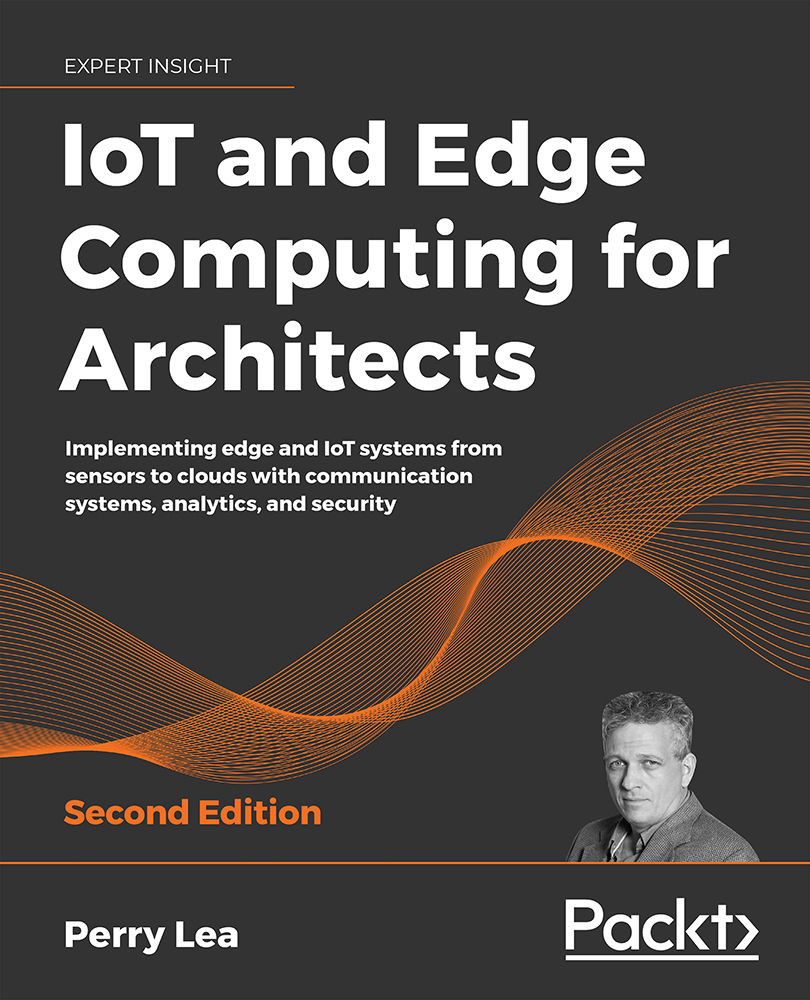Summary
MQTT, CoAP, and HTTP are by far the predominant IoT Internet protocols in the industry with support from nearly every cloud provider. MQTT and MQTT-SN provide a scalable and efficient pub/sub model of data communication while CoAP provides all the relevant features of an HTTP RESTful model without the overhead. An architect must consider the overhead, power, bandwidth, and resources necessary to support a given protocol and have enough forward vision to ensure the solution scales.
Now that a transport method has been defined to marshal data to the Internet, we can examine what to do with that data. The next chapter will concentrate on cloud and fog architecture, from the founding principles to more advanced configurations.






































































